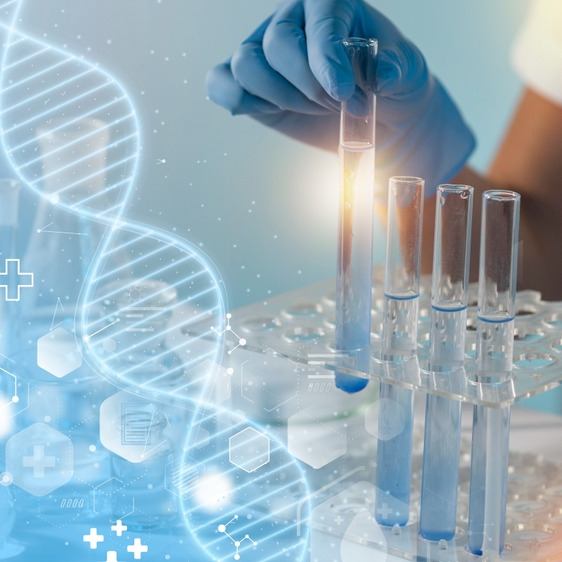
Pischinger room
The Pischinger Room explained:
The fascinating system of basic regulation of our body.
Have you ever heard of the Pischinger space?
This term describes a complex system of basic regulation in our body that plays a central role in our health and well-being.
It is a world between the cells that often works in secret but is essential for the harmony of our organism.
In this blog post, we take a deep dive into the topic and shed light on what the Pischinger space is, how it works and why it is so important for us.
What is the Pischinger space?
The Pischinger space, also known as the extracellular space or matrix, is named after the Austrian anatomist Alexander Pischinger.
This space consists of the intercellular spaces between our cells and is filled with a fluid substance, known as intercellular fluid.
This fluid not only surrounds the cells, but is also the medium through which nutrients and signalling molecules are transported and waste products are removed.
The importance of basic regulation
Basal regulation refers to the ability of our body to maintain a stable internal environment, known as homeostasis .
This includes the regulation of pH, electrolyte balance, temperature and other vital parameters.
The Pischinger space plays a crucial role here, as it provides the reaction environment for all cells.
The role of the extracellular matrix
The extracellular matrix (ECM) is the structural network in the Pischinger space that not only provides support and structure for the cells but also plays a communicative role. It consists of proteins such as collagen and elastin, glycoproteins and proteoglycans. These substances are not only responsible for the physical structure of the tissue, but also for signalling and wound healing.
How does the Pischinger space work?
Numerous metabolic processes take place in the Pischinger space.
Nutrients from the bloodstream diffuse through the capillary walls into the extracellular space and from there to the cells.
At the same time, waste products are released from the cells into the Pischinger space and finally transported into the lymphatic system or back into the bloodstream to be excreted from the body.
The connection to the immune system
The Pischinger space is also an important area for the immune system.
Immune cells patrol this space in search of pathogenic invaders such as viruses and bacteria and fight them .
The intercellular fluid also contains antibodies and other immune-active substances that are involved in the defence.
Pischinger space and diseases
Disorders in the Pischinger space can lead to a variety of health problems.
A poor diet, too little exercise, stress and environmental toxins can impair the function of the basic regulation.
For example, an accumulation of toxins or inflammation in the extracellular space can favour chronic diseases or exacerbate them.
Therapeutic approaches
Due to its central importance for health, therapeutic approaches focussing on improving the function of the Pischinger space are becoming increasingly popular.
These include methods such as manual lymphatic drainage, homeopathy, acupuncture or frequency therapy, which aim to support the body's self-regulation mechanisms.
The role of nutrition
A balanced diet is crucial for the health of the Pischinger area. Micronutrients such as vitamins, minerals and trace elements are important for maintaining basic regulation. Antioxidants in particular play a role in neutralising free radicals that can damage cells and the extracellular matrix .
Exercise and the Pischinger space
Regular exercise is also important to ensure healthy functioning of the Pischinger space. Physical activity improves blood circulation, which leads to more effective transport of nutrients and waste products. Lymph circulation is also stimulated, which supports the detoxification of the body.
Stress management
Chronic stress can have a negative impact on the Pischinger space by disrupting the hormonal balance and promoting inflammatory processes. Stress management techniques such as meditation, yoga or progressive muscle relaxation can help to reduce stress and support basic regulation.
Conclusion
The Pischinger space is a fascinating system that plays a key role in our health. By adapting our lifestyle and paying attention to a balanced diet, regular exercise and effective stress management, we can support the function of this important space and thus contribute to our general well-being.
It is hoped that in-depth research into this complex system will make it possible to develop even better therapeutic approaches in the future, which will have a targeted effect on improving the basic regulation and thus on the prevention and healing of diseases. The Pischinger space deserves our attention - for a healthier and more harmonious life.
